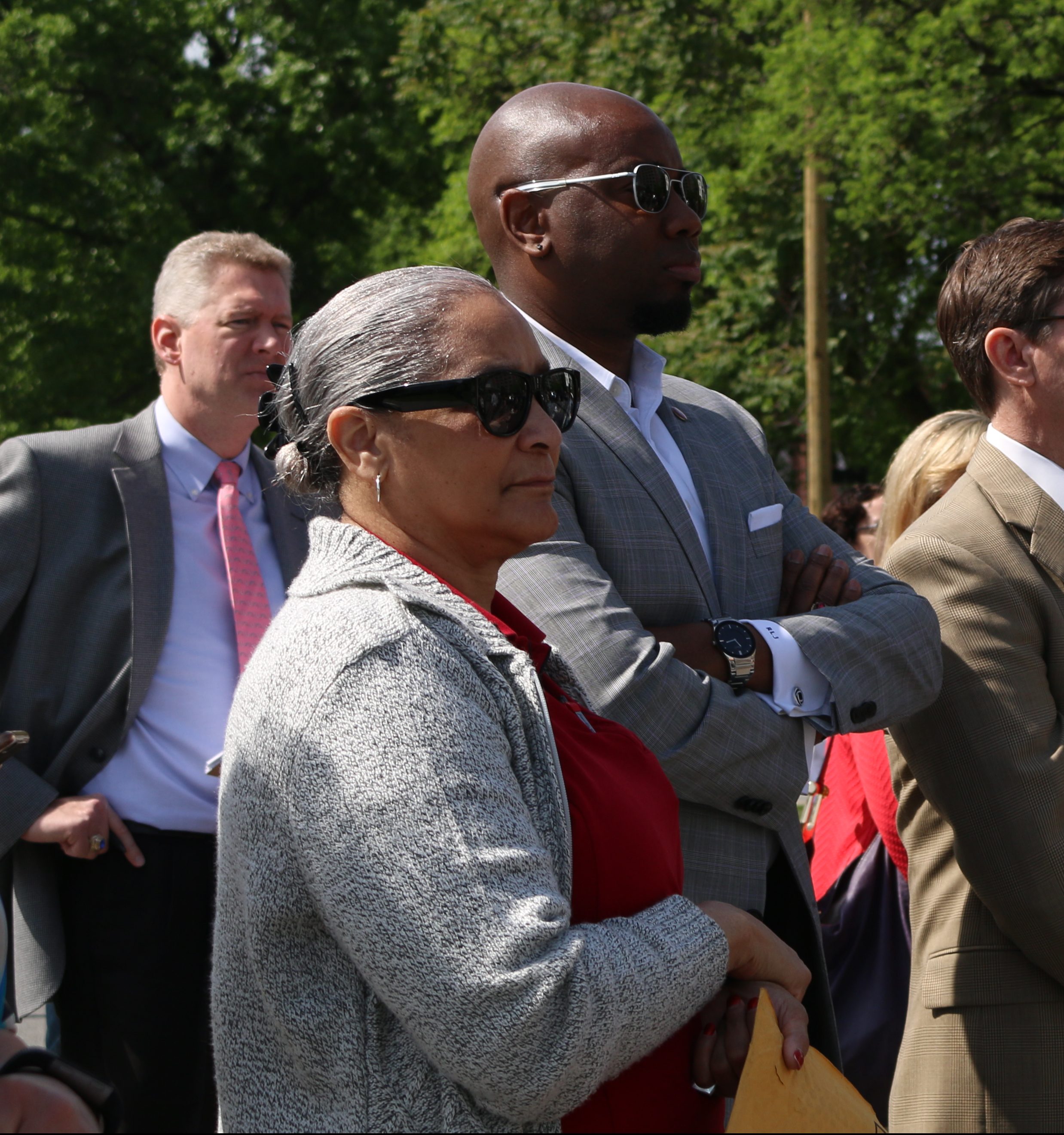By Quintez Brown —
Black faculty are leaving the University of Louisville in staggering numbers and nothing has been done about it. As a black student, I am worried.
At a recent U of L trustees’ committee meeting, the vice provost for diversity and international affairs described a “major decline” of African-American faculty in 2018. The data shows that 38 African-American faculty members had left in the period between 2013-2017 but in this past year the university saw 17 black faculty members leave.
Most resigned, and their reasons include “experienced racist or discriminatory behavior and nothing was done,” “did not feel valued or appreciated,”, “voices never heard or given credence,” and other issues.
Ricky Jones, chair of the Pan-African studies department (which houses 40% of A&S’s full-time black faculty and 20% of the university’s entire full-time black faculty), said he noticed the problem years ago, and it is not surprised by the recent numbers.
“That’s just bleeding,” he said.
“I think for a while there was no acknowledgment at the University that there was actually a problem, so it got worse.”
Jones addressed the issue with administrators when Greg Postel was interim president. Postel did not respond. The University of Louisville claims to reaffirm that every student, visitor, faculty, staff, and administrator, belongs here, yet this decline of black faculty doesn’t affirm to black students that we belong here.
Now, U of L’s percentage of black faculty is below the national average of 6 percent. As part of the roughly 10 percent of U of L students that are black, this is concerning. The lack of representation of faculty and staff in the African-American community is a common problem shared among black students.
In my 12 years of education, I’ve had no more than 3 black teachers. This is a shared experience with black students. This is why black students need organizations such as BSU, spaces such as the Cultural Center and institutions such as the Pan-African Studies Department to feel included in the learning environment.
With the exodus of black faculty and recent discussions of removing the Cultural Center, U of L looks to be going in the wrong direction with its relationship with the black community.
With the addition of President Bendapudi, do we expect the University to all of a sudden curb these numbers and retain our black faculty? Bendapudi prides herself in diversity, so it looks like she’ll prioritize issue, but what about everyone under Bendapudi who has been working here that let this problem happen?
“I have great hopes that leadership at the top right now, with President Bendapudi, she’ll pay attention to it. But all the people downstream, have been here. Why have they done nothing?” Jones said.
“Did they not pay attention to it, because they didn’t know it was happening (which is their job), or did they just not care?”
Does the University not care about its black faculty? Bendapudi cares, and we can tell. I am confident she will show a commitment to addressing and fixing this problem, but she can only do so much.
What about the other leaders in our campus community? The numbers are there, but will they do anything to bring change?
They also shouldn’t just focus on these numbers. Black faculty leaving is just a symptom to a larger problem of campus diversity. If black faculty feel that the current environment is so toxic that they need to resign, what does this tell us about the bigger picture of campus diversity and inclusiveness?
Maybe some faculty left because of better job opportunities, but does this reflect all of the departures? We have to see how many people are actually looking for jobs or simply leaving because of the environment at the university. If we have a problem, it has to be addressed head-on by all of the school’s leadership.
File Photo / The Louisville Cardinal






